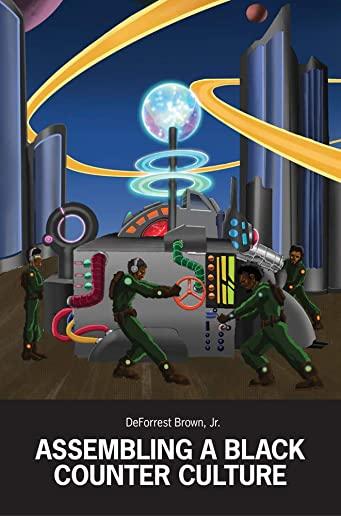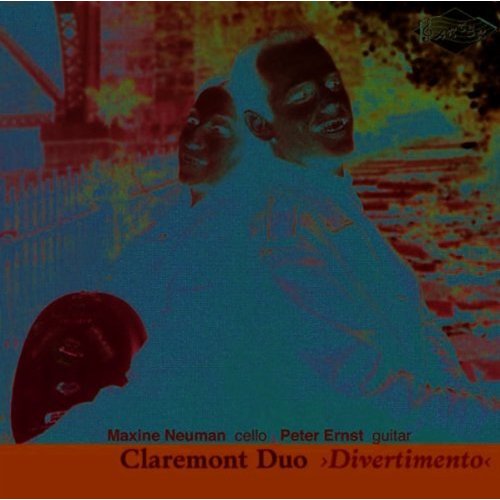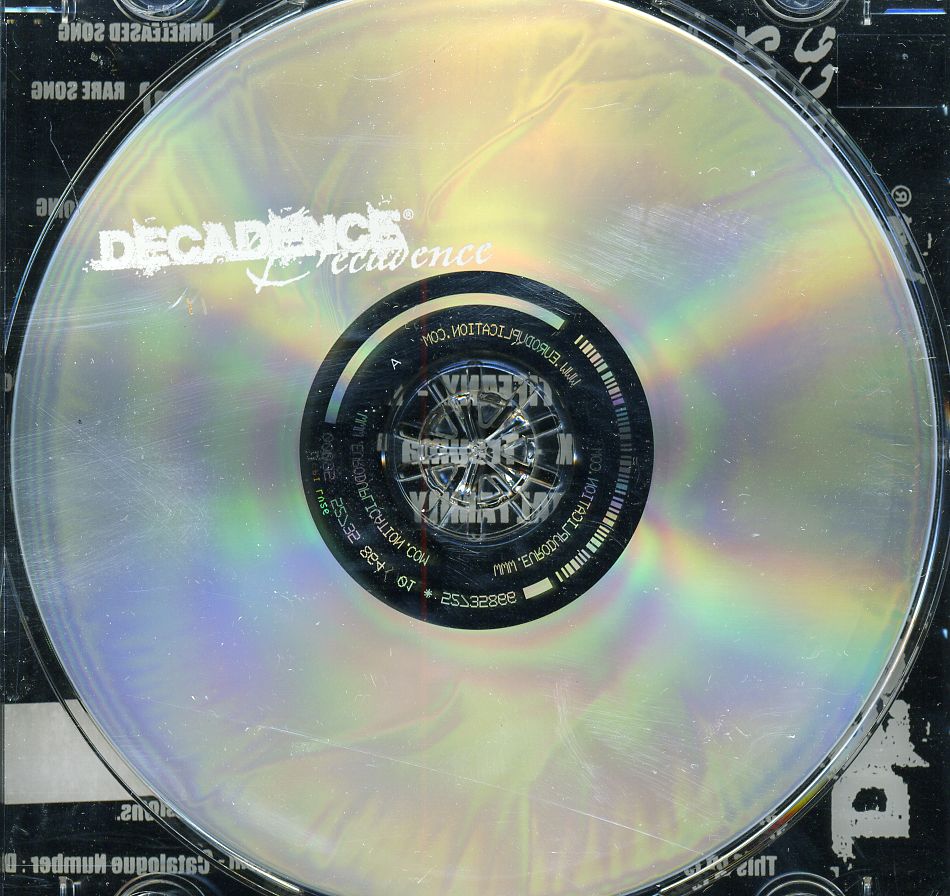
description
DeForrest Brown, Jr "makes techno Black again" by tracing the music's origins in Detroit and beyond
In Assembling a Black Counter Culture, writer and musician DeForrest Brown, Jr, provides a history and critical analysis of techno and adjacent electronic music such as house and electro, showing how the genre has been shaped over time by a Black American musical sensibility.
Brown revisits Detroit's 1980s techno scene to highlight pioneering groups like the Belleville Three before jumping into the origins of today's international club floor to draw important connections between industrialized labor systems and cultural production. Among the other musicians discussed are Underground Resistance (Mad Mike Banks, Cornelius Harris), Drexciya, Juan Atkins (Cybotron, Model 500), Derrick May, Jeff Mills, Robert Hood, Detroit Escalator Co. (Neil Ollivierra), DJ Stingray/Urban Tribe, Eddie Fowlkies, Terrence Dixon (Population One) and Carl Craig. With references to Theodore Roszak's Making of a Counter Culture, writings by African American autoworker and political activist James Boggs, and the "techno rebels" of Alvin Toffler's Third Wave, Brown approaches techno's unique history from a Black theoretical perspective in an effort to evade and subvert the racist and classist status quo in the mainstream musical-historical record. The result is a compelling case to "make techno Black again." DeForrest Brown, Jr is a New York-based theorist, journalist and curator. He produces digital audio and extended media as Speaker Music and is a representative of the Make Techno Black Again campaign.member goods
No member items were found under this heading.
Return Policy
All sales are final
Shipping
No special shipping considerations available.
Shipping fees determined at checkout.







